Quick Overview
We tested two recognized reference-finding tools, Paperpile and Zotero, for their ability to provide quality and relevant sources for academic research. Both platforms have their unique strengths, but they also possess certain limitations. Paperpile offers a robust citation formatting capability with plenty of styles but suffers from a less intuitive interface and a lack of advanced search filters. Zotero, on the other hand, is completely free and excels in providing access to a wide range of sources, including journals, books, and conferences, although it also lacks advanced search filtering capabilities.
| TOP services | Updated March 2024 |
|---|---|
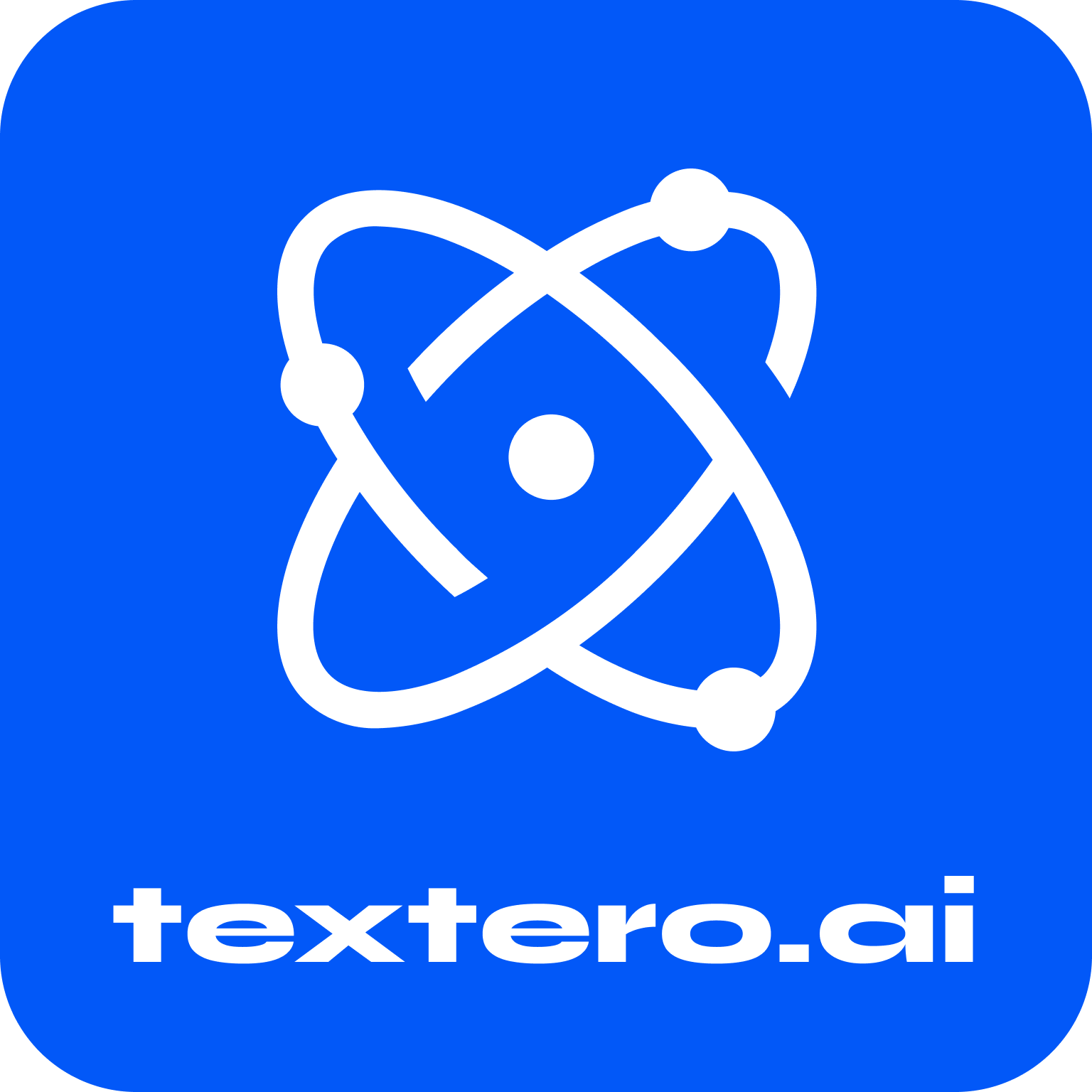
Textero
⭐⭐⭐⭐⭐ |
Get free access |
|
AHELP Reference Finder
⭐⭐⭐⭐⭐ |
Get free access |

Consensus
|
Read review |

Semantic Scholar
|
Read review |

Mendeley
|
Read review |
| PAPERPILE | ZOTERO | |
| Best fit for | For users who need specific citation formatting and are comfortable with subscription-based services. | Academics and students who require a comprehensive, free tool for managing a variety of sources and citation styles. |
| A*Help Score | ⭐⭐⭐ 62/100 | ⭐⭐⭐⭐ 74/100 |
| Search Quality | ⭐⭐⭐ Suitable for basic journal reference searches but lacks depth in source variety and filtering options. | ⭐⭐⭐ More effective at handling diverse sources with direct access to full texts, though it also lacks advanced search filters. |
| Overall Experience | ⭐⭐⭐ Less intuitive with an outdated interface. Requires Google account and Chrome extension for use. | ⭐⭐⭐⭐ More user-friendly overall, despite some interface challenges; no registration required enhances accessibility. |
| Value for Money | ⭐⭐⭐ Offers essential features through its subscription plans, but limited in comparison to free alternatives, especially given the basic free trial option. | ⭐⭐⭐⭐⭐ Excellent, as it provides a wide range of features at no cost- highly accessible and beneficial for budget-conscious users. |
Searching Quality: Paperpile VS Zotero
When comparing the search quality of Paperpile and Zotero, it becomes evident that Zotero offers a superior experience, scoring 32 out of 50 compared to Paperpile’s 26. Paperpile supports sourcing from journals but lacks the ability to access books and conference materials, which limits its versatility. A notable issue with Paperpile is users’ inability to apply search filters. This makes it challenging to narrow down search results to the most relevant sources. Users must manually sift through all results, which is a tedious and time-consuming job. Furthermore, while Paperpile allows viewing of abstracts on the platform, accessing full PDFs requires a visit to the original database website. While this may not be a big deal for some users, it does add an extra step to the research process.
Zotero, although scoring higher, shares some limitations with Paperpile, such as the absence of advanced filtering options, which forces users to manually evaluate the relevance of each source. However, Zotero supports a broader range of sources, including journals, books, and conference materials, enhancing its value for users. Additionally, Zotero integrates access to full texts directly within its tool, provided the original databases support this feature. This integration simplifies the process, making Zotero more user-friendly and efficient for managing and organizing research materials.
| Sources searched | PAPERPILE | ZOTEROBib |
| Climate change effects on Polar bears | ||
| – shows relevant results | ✅ | ✅ |
| – features highly-cited sources | ❌ | ❌ |
| Newest data on Mars rover findings | ||
| – shows relevant results | ✅ | ❌ |
| – features highly-cited sources | ❌ | ❌ |
Comparing Value for Money: Paperpile VS Zotero
Paperpile provides two pricing plans: an Academic Plan at $2.99 per month and a Business Plan at $9.99 per month, both billed annually. While this gives users full access to Paperpile’s features, the free options are limited to a 30-day trial, which is significantly less appealing compared to Zotero’s entirely free service. Paperpile does offer a Chrome extension and mobile apps for iOS and Android, which are positive aspects, but in our opinion, these features do not fully justify the subscription cost, especially when compared to the free offerings of Zotero. The cost-benefit ratio of Paperpile suggests that while it does provide useful tools for reference management, the overall value is diminished by the subscription fees and limited free features.
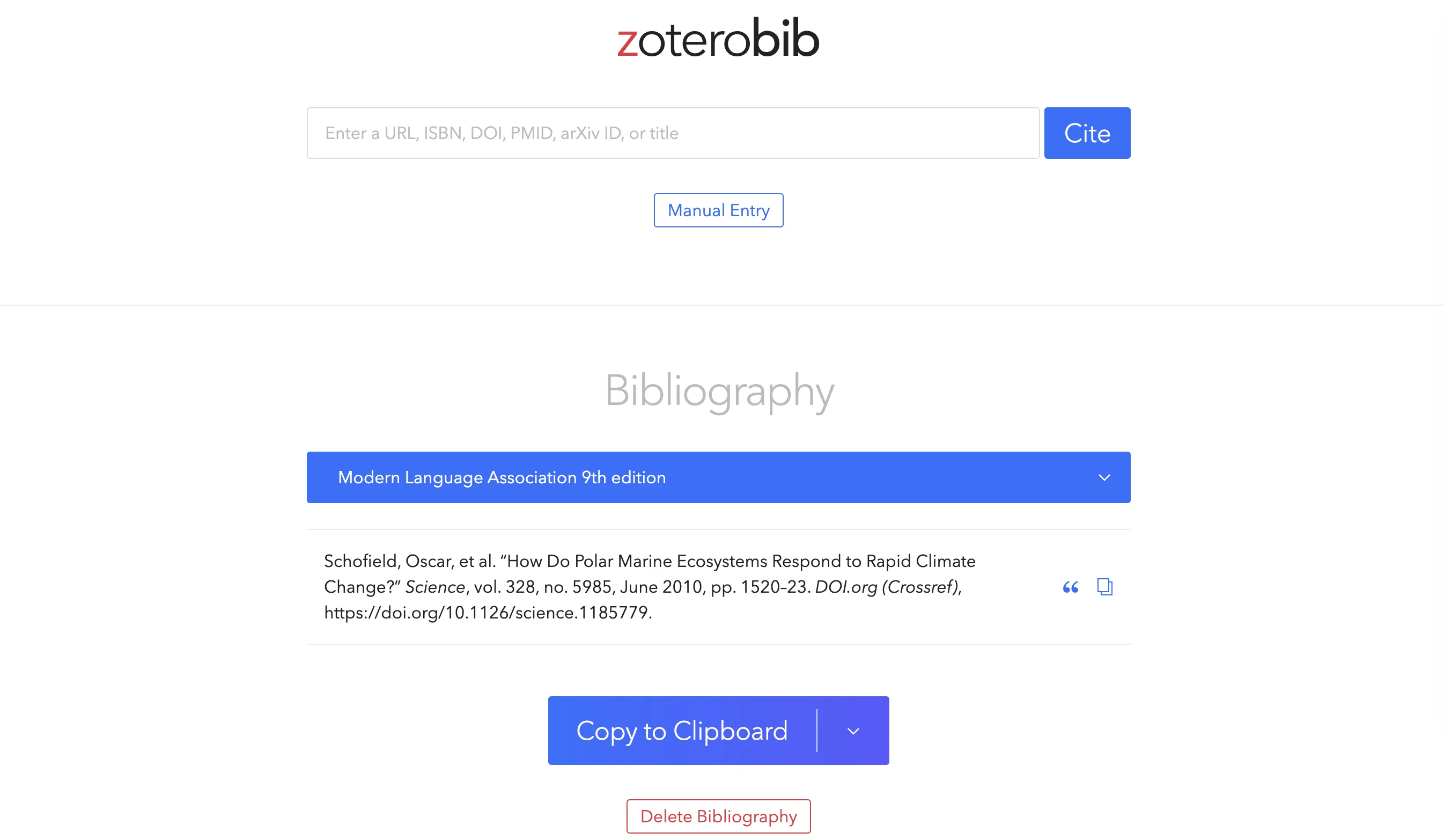
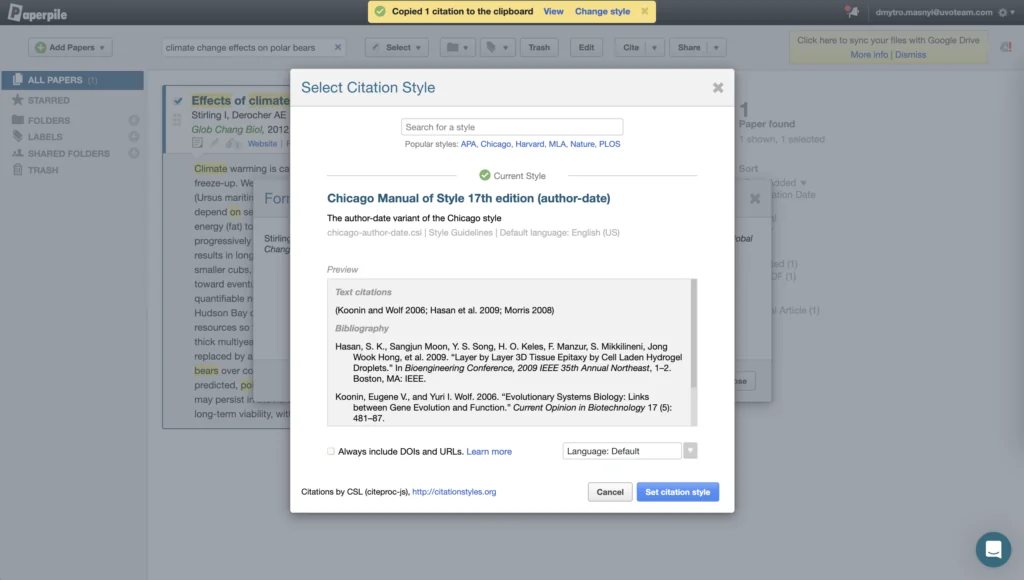
On the other hand, ZoteroBib offers exceptional value for money, especially since it is a free service. This aspect is particularly advantageous for students and academic professionals who require comprehensive citation tools without the associated costs. Zotero’s citation formatting options are extensive, with support for over 10,000 citation styles, making it highly versatile for various academic needs. Despite being a free service, Zotero does not compromise on the features it offers, which include saving, copying in various formats, and integration with its own product, Zotero, for further reference management.
Overall, ZoteroBib not only shines in providing a broader range of services at no cost but also in the ease of integration and accessibility, which makes it the preferable choice for users seeking complete reference management solutions without financial cost.
Comparing Overall Experience: Paperpile VS Zotero
In terms of overall user experience, ZoteroBib scores higher with 20/25 points versus Paperpile’s 16/25. Zotero does not require user registration, which simplifies access and use. Although both platforms have their interface challenges, we believe, Paperpile’s looks and feels a little outdated for 2024 and less intuitive. Additionally, ZoteroBib provides better integration with other reference management tools like Zotero. The speed and efficiency of both platforms could be improved, but Zotero offers slightly better performance in navigating its features despite some technical glitches.
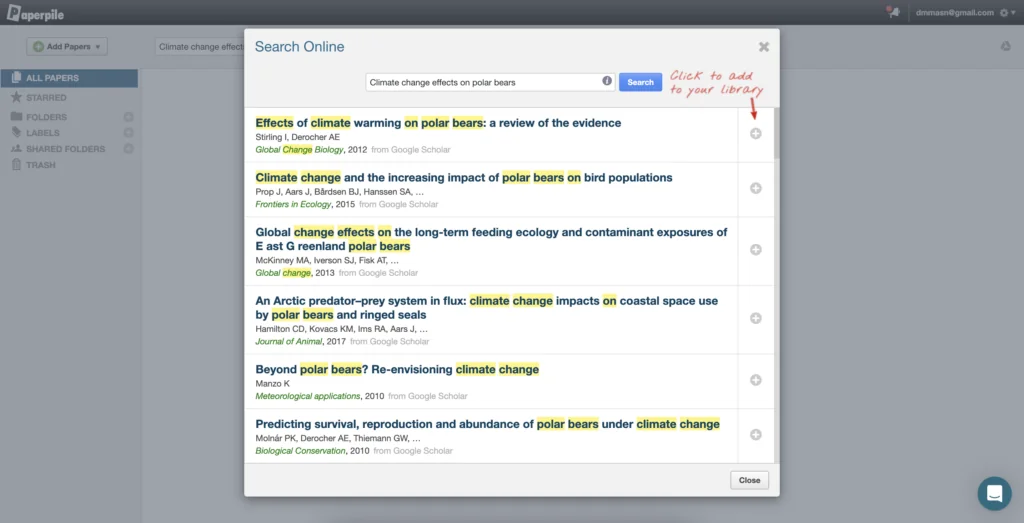
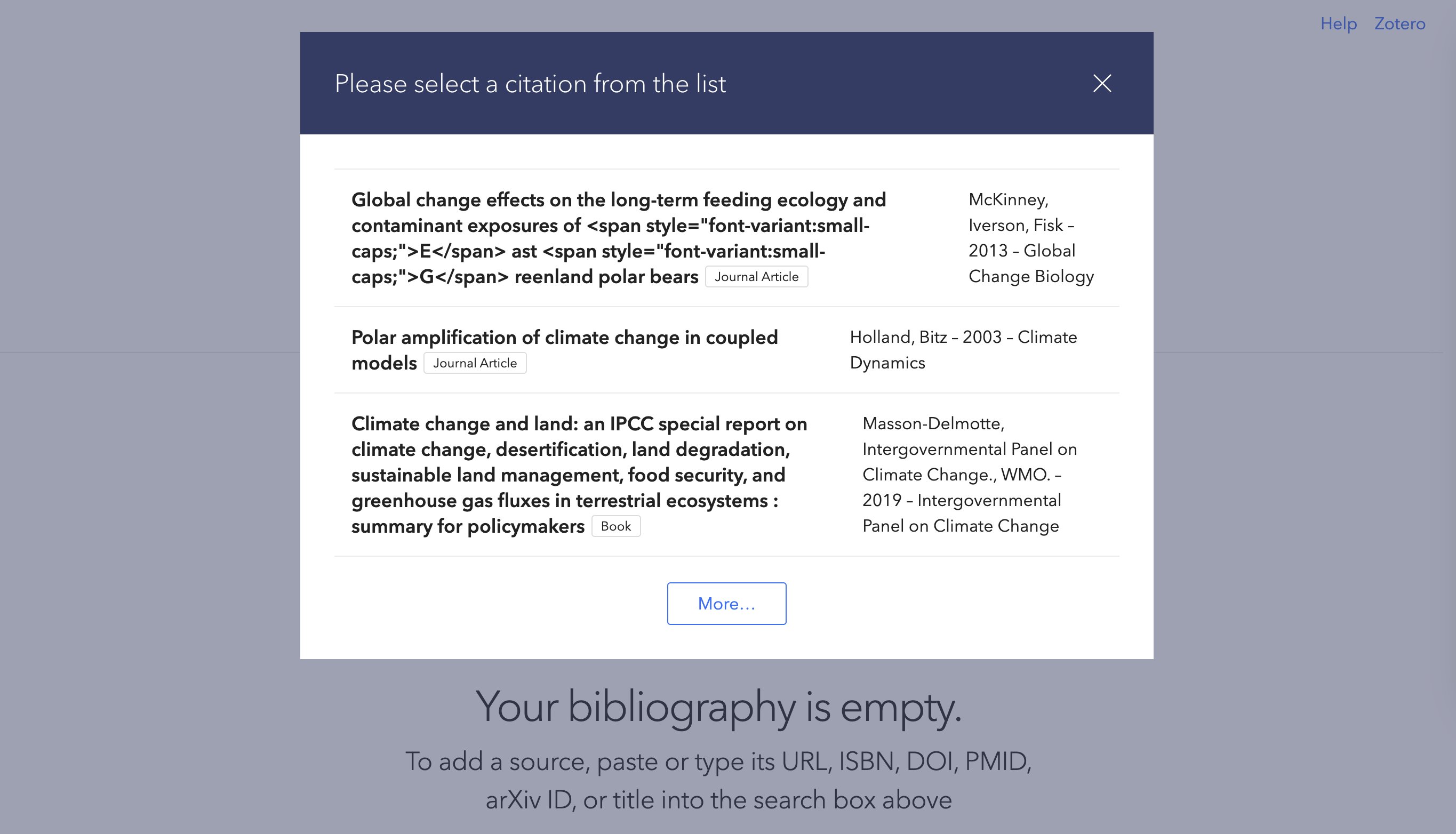
The Verdict
It’s fair to say that both tools have their merits, but Zotero stands out as the better option, particularly for users looking for a free, versatile tool that handles various source types and citation styles. Paperpile might appeal to people who need specific citation formatting support and are willing to pay for their service, but it falls short in user experience and value compared to the free and robust features of ZoteroBib. For academic users and institutions looking for cost-effective and efficient reference management solutions, Zotero is the clear winner in this comparison.
| Why academichelp.net is a credible source of information: Stay curious with us. Academichelp.net has been a reliable educational resource since 2011, providing students with the latest news, assignment samples, and other valuable materials. Even with the extensive information we process, our quality remains consistent. Each team member has experience in education, allowing us to evaluate new sector offerings critically. Our reviews are up-to-date and relevant, with impartiality ensured by the A*Help score methodology from mystery shopping. We aren’t affiliated with any listed service providers. Our focus remains on providing our audience with reliable and unbiased data. |
Follow us on Reddit for more insights and updates.

Comments (0)
Welcome to A*Help comments!
We’re all about debate and discussion at A*Help.
We value the diverse opinions of users, so you may find points of view that you don’t agree with. And that’s cool. However, there are certain things we’re not OK with: attempts to manipulate our data in any way, for example, or the posting of discriminative, offensive, hateful, or disparaging material.